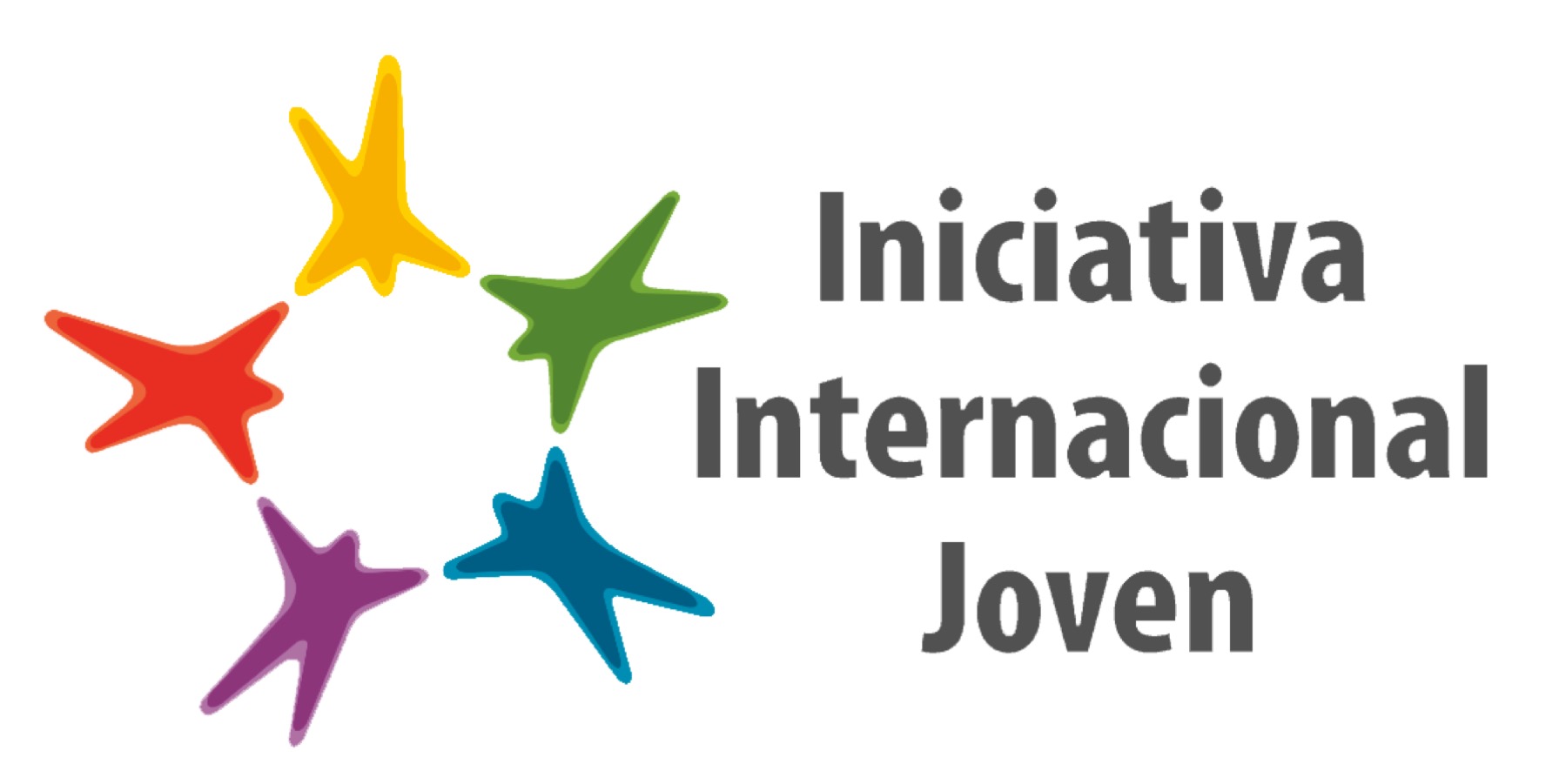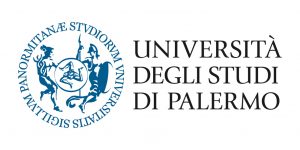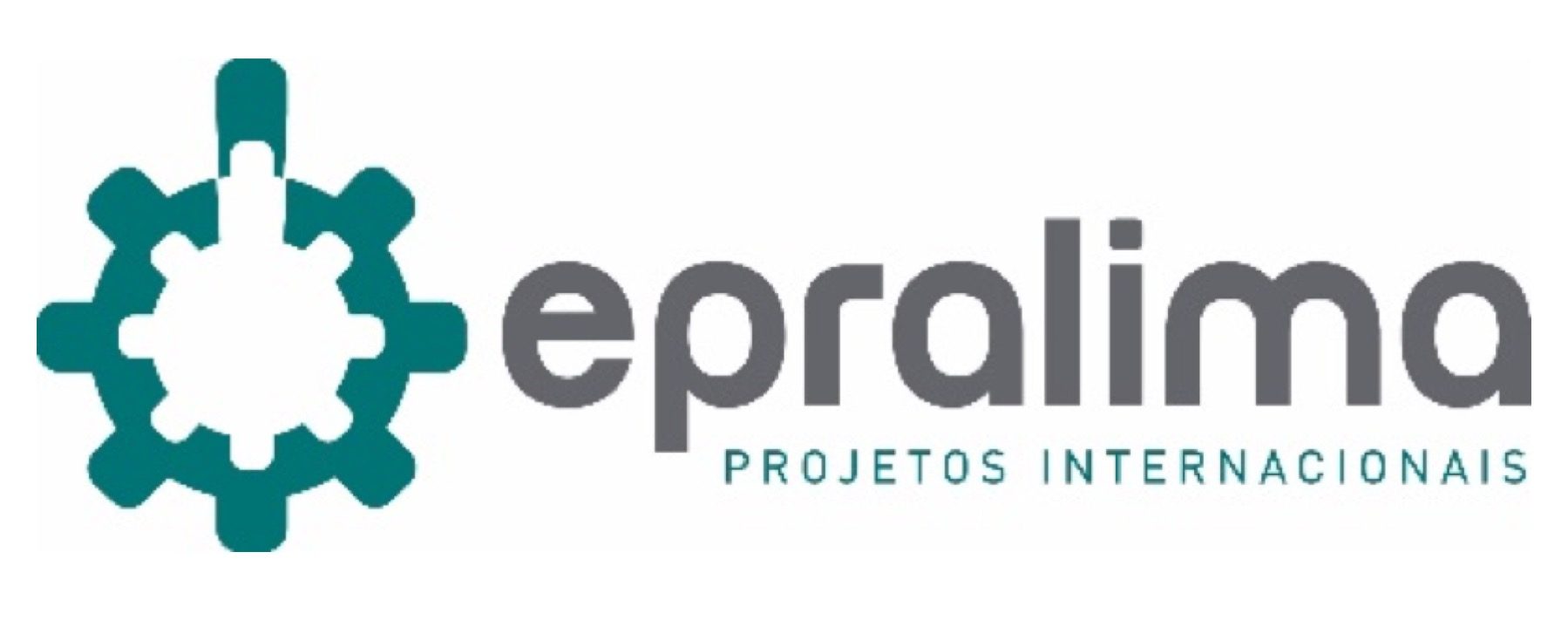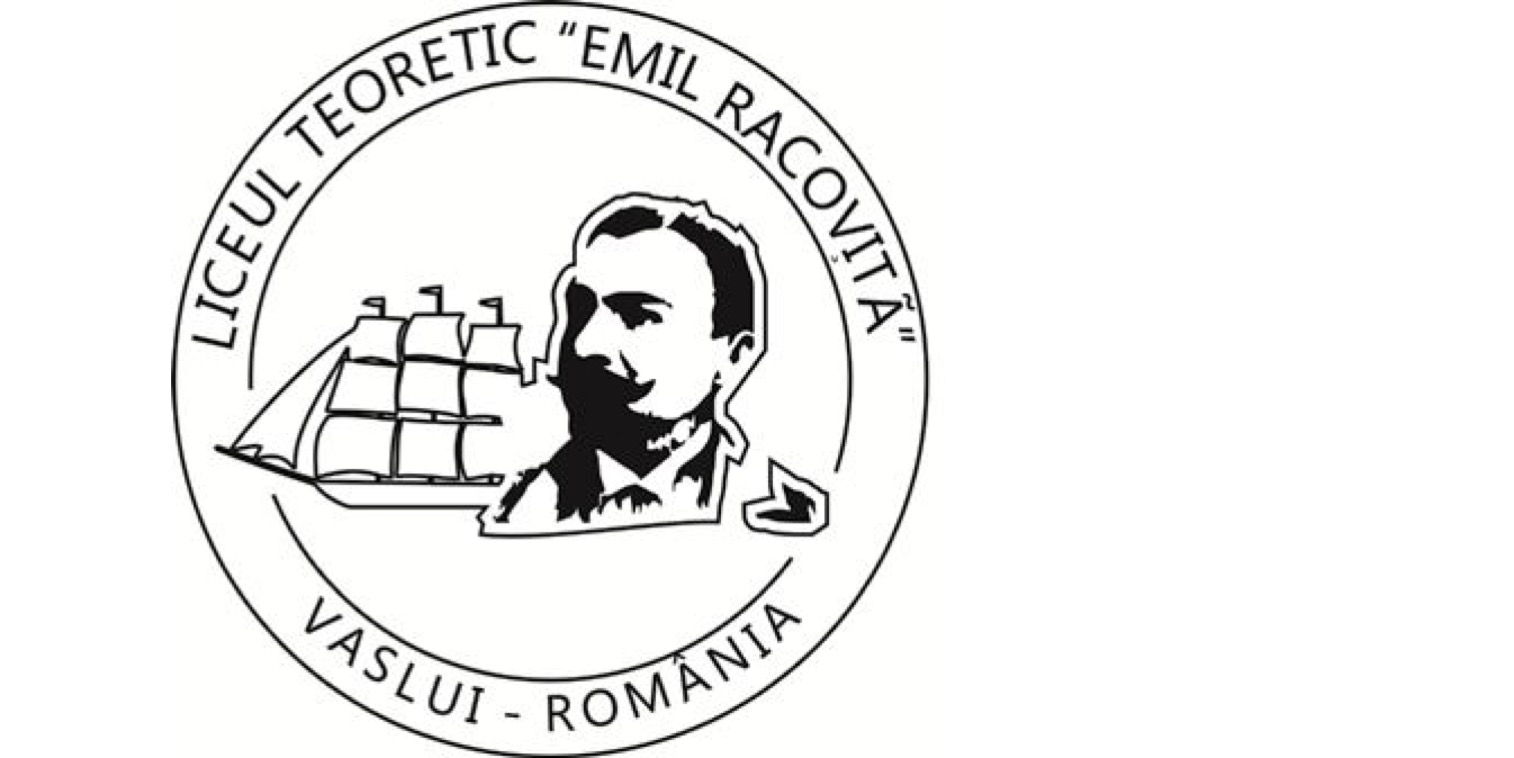PROJECT ORGANISATIONS:
ASOCIACIÓN INICIATIVA INTERNACIONAL JOVEN (SPAIN)

Asociación Iniciativa Internacional Joven (Youth International Initiative Association) is an NGO from Málaga (Spain) created in 2003 from a group of youths who after participating in international programmes and activities, concluded that these experiences had been very important to change their life. Therefore, they decided to share them with other young people, collectives and associations, to enhance the interest in participating in international programs and exchanges, learning languages, realizing voluntary work, raising awareness, tolerance and respect for other cultures, etc. thereby contributing to personal and professional development of young people and adults. The mission of the organisation is to contribute to the comprehensive development and improvement of the quality of life of citizens, especially young people. We work at local and international level in the following areas of intervention: (1) Participation and Volunteering; (2) Culture of Peace and Interculturality; (3) Gender Equality; (4) Sport and Healthy Life; (5) Art and Creativity; (6) Personal development and entrepreneurship.
UNIVERSITÀ DEGLI STUDI DI PALERMO — UNIPA (ITALY)

Universitá degli Studi di Palermo (UNIPA) is a public university located in Palermo (Italy) and officially founded in 1806. Its 5 schools/faculties and 20 Departments cover the most important areas of contemporary scientific and technological knowledge. About 122 courses (first and second cycle) are offered annually, as well as 44 master’s degrees and specialisations and 23 doctoral courses, aimed at the education and training of specific professional profiles, some of which are also carried out in cooperation with external institutions and companies. The Department of Psychology, Educational Sciences and Human Movement (SPPEFF) of the University of Palermo was founded in 1987 with the aim of promoting research in its three component areas: psychology, education and human movement. The Department offers 7 Bachelor courses, 4 Master courses and 1 international PhD programme in Health Promotion and Cognitive Sciences. The Department is involved as coordinator and partner in many national and international projects related to psychology, emotional intelligence and education.
EPRALIMA — ESCOLA PROFISSIONAL DO ALTO LIMA (PORTUGAL)

EPRALIMA is a private, non-profit educational institution that started operating in 1999. Its headquarters are located in Arcos de Valdevez, in the northern part of Portugal, and it also has two branches, one in Ponte da Barca and one in Ponte de Lima, a Centre for Recognition, Validation and Certification of Competences that offers adults the opportunity to receive academic equivalence through competences acquired in the framework of non-formal and informal education and a Technical Centre that works in the development and management of transnational and European projects. Its main purpose is to develop and enhance the training of people, in particular young people, by providing them with a quality vocational education that is appropriate to the needs of the world of work and the social reality of the Lima River Valley. EPRALIMA offers level II and IV vocational training courses, education and training courses for young people and adults, technology courses and professional qualification courses. The pillars of its activity are inclusive education and qualified training.
MAIJAMÄEN KOULU (FINLAND)

Maijamäen School is located in the municipality of Naantali, in the region of Southwest Finland. The school provides general lower secondary education for adolescents and young people aged 12 to 16. The school community consists of 450 students, 50 teachers and other staff. Although most students study in regular classes, there are special classes for gifted students in mathematics and science and English language immersion classes. In the near future, the school will be part of a larger campus with kindergarten, pre-school, primary, lower and upper secondary education. The school also collaborates with the University of Turku to find methods to prevent and stop bullying. Pupils demonstrate their knowledge through tasks, projects, group work, tests and homework. The development of co-operative skills plays an essential role in students’ learning. A group of students, teachers, parents, health and social workers make up the so-called “school welfare group” which is responsible for the welfare of the whole school community. The student representatives and the parents’ association work closely together with this group.
CONSEJERÍA DE EDUCACIÓN Y DEPORTE, JUNTA DE ANDALUCÍA (SPAIN)

The Regional Ministry of Education and Sport is the highest educational institution of the Regional Government of Andalusia and is responsible for the autonomous competences in education, vocational training and promotion of sport. It also provides schools with a series of programmes as tools for innovation that favour educational change, with the incorporation of active and participative methodologies and a commitment to new forms of work and organisation that provide flexible responses to the process of change that we are experiencing. The design of these educational programmes is based on the best practices developed in Andalusian educational centres, with the idea that these successful models can be replicated in as many centres as possible. The Educational Plans and Programmes Service is made up of 16 people who develop a wide range of educational programmes and all publicly funded schools in Andalusia can participate and implement it. The role of the Educational Programmes Service is to manage these schools, monitor the programme and organise activities, meetings and training days.
LICEUL TEORETIC “EMIL RACOVITA” (ROMANIA)

Liceul Teoretic “Emil Racovita” (LTER) is a secondary school with a theoretical profile where students acquire general knowledge and skills. It is located in Vaslui, in the eastern part of Romania. The school has four branches of studies: Mathematics-Computer Science, Natural Science, Social Science and Philology. Students study in 14 classrooms and 8 laboratories (4 for computer science, 1 for biology, 1 for physics, 1 for chemistry and 1 for geography). All classrooms have multimedia equipment and the school has a library with more than 16,000 books, a gymnasium and two synthetic sports fields with night facilities. Teaching activities are supported by 58 teachers and there are currently a total of 864 students, of whom 531 are girls. The success rate in the Baccalaureate examination is over 98%. The school has extensive experience in carrying out European projects, each of which has contributed to improving the quality of education and teaching. LTER also organises extracurricular activities, such as drawing workshops, voluntary actions, study visits, thematic trips and charity actions.
